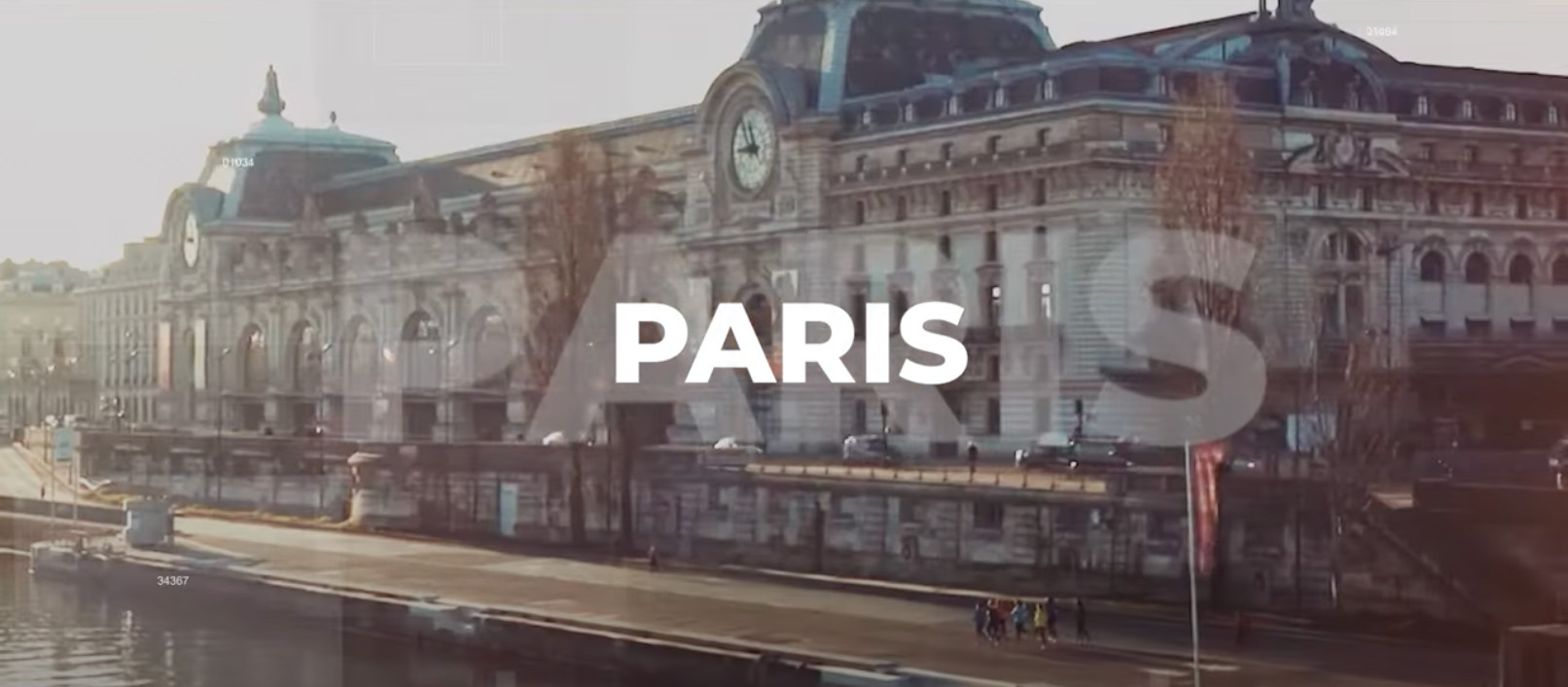Looking ahead
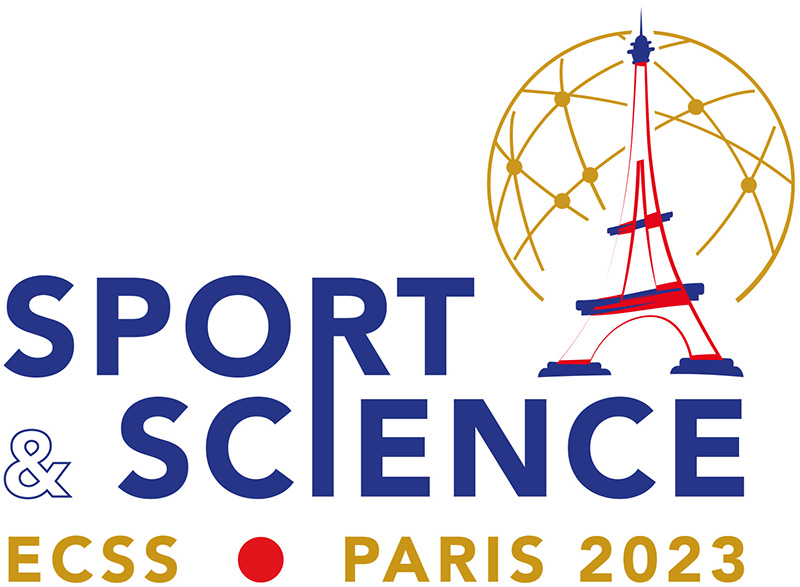
We are thrilled and honoured to be hosting this important sport science event from 4-7 July 2023 – one year prior to the Olympic and Paralympic Games of Paris, a century since the 1924 edition, and 28 years after the first ever ECSS congress took place in Nice. Paris will open its doors to the ECSS family.
With more than 40 million tourists per year, Paris is the most visited city in Europe. It has an endless list of historical and beautiful must-sees and things to do. ECSS Paris 2023 offers you the chance to discover this city for yourself, by visiting our iconic monuments and sporting venues whilst enjoying outstanding science. Paris promises an exceptional experience in an exceptional setting!
We have created a unique scientific programme for ECSS Paris 2023, full of inspiring science and memorable moments. The congress will host an ECSS-IOC joint symposium, where high profile researchers will share their work developed in the IOC Research Centres for the Prevention of Injury and Illness.
You are warmly invited to enter the doors of the City of Light and be a part of the Olympic and Paralympic journey.
Paris vous attend! / Paris is waiting for you!
Yours in Sport Science,
The ECSS Paris 2023 Organising Team
Shared views from Jørn Wulff Helge, President of the ECSS and Gael Guilhem, Director of the Sport, Expertise and Performance Laboratory at INSEP and President of ECSS Paris 2023
"A Unique Paris Edition" – JØRN WULFF HELGE
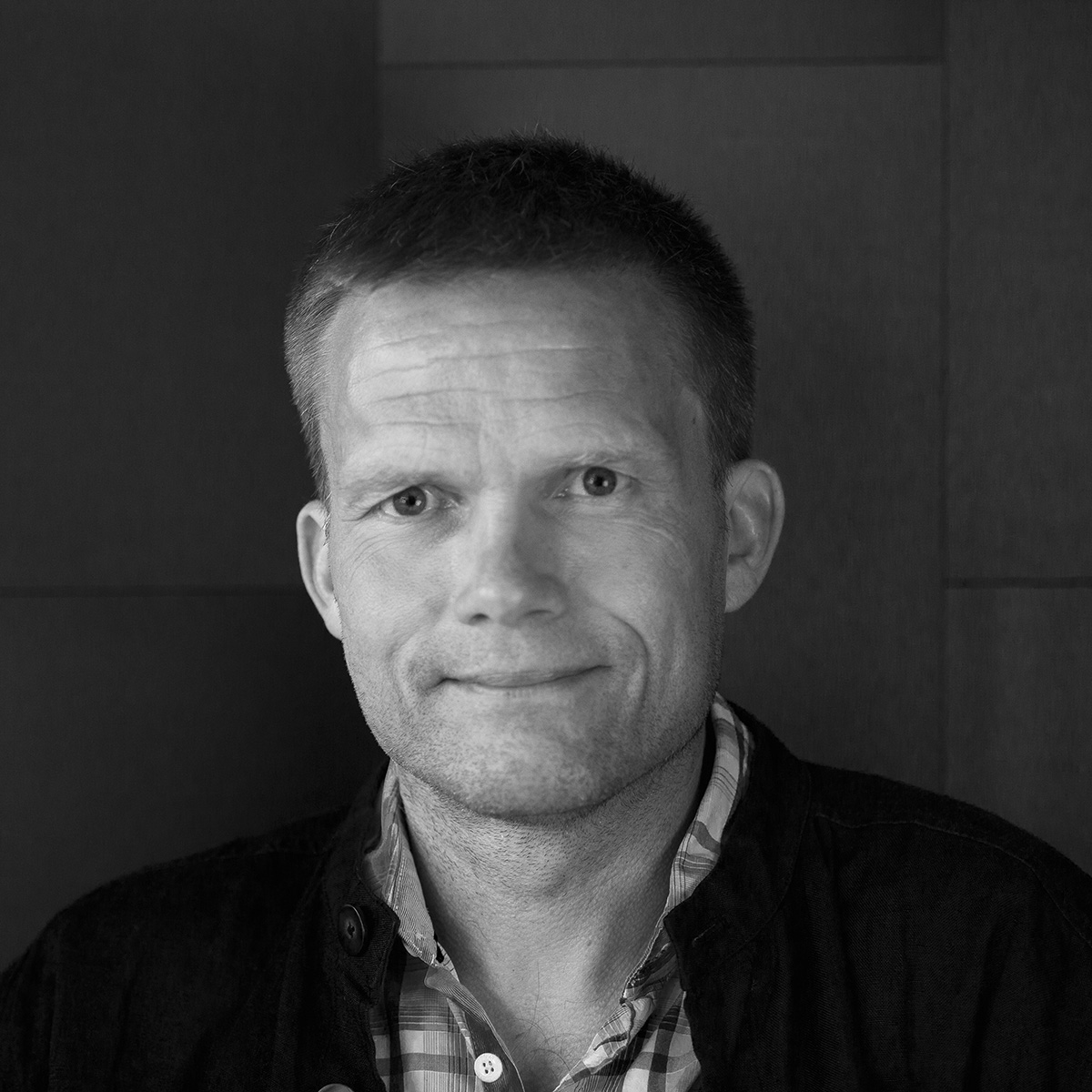
Paris is one of my top three destinations in Europe. I'm looking forward to being there in 2023, in my final year as ECSS President, with what promises to be an excellent edition.
The timing is perfect. Having our congress in Paris in 2023 allows us to highlight cutting-edge European sports science research one year before the Paris 2024 Olympic and Paralympic Games, to a diverse, international audience that is involved with and fascinated by the games.
Our Paris edition is the ideal opportunity to integrate scientific research from France into the European mix. A whole generation of young French researchers will excel in the field of sports science and we want to honour them and give them the platform that is the ECSS.
For the first time, the 28th ECSS annual congress in Paris will include contributions from the International Olympic Committee. The Committee has been interested in our organisation for many years, and in 2023, our relations will finally be strengthened through two symposia dedicated to the monitoring and protection of athletes' health during the Olympic Games: the impact of global warming, prevention of mental disorders, imaging and medical treatments, and the role and organisation of medical and paramedical teams working with athletes and Olympic and Paralympic team staff.
Beyond the scientific community, the ECSS also addresses the public. We wish to contribute to the development of sport for the greatest number of people. Studying sports performance and facilitating access for children and teenagers to practice and even get to the highest level is essential. But it is just as important to work towards a societal objective in order to give people – from childhood – a taste for sport. Changing cultures and behaviours in order to benefit from a better quality of life and to fight against obesity is one of the goals that we – researchers and advocates of the sports world in general – are targeting.
ECSS Paris 2023 will therefore be resolutely turned towards the societal challenges of tomorrow's sport, as all those involved in its organisation carry the vision of a world in which sport occupies a prominent place in the lives of athletes and the general public alike. We are delighted that Paris is also carrying this vision by hosting the ECSS congress.
"Sport Research is at the Service of the Greatest Number of People" – GAEL GUILHEM
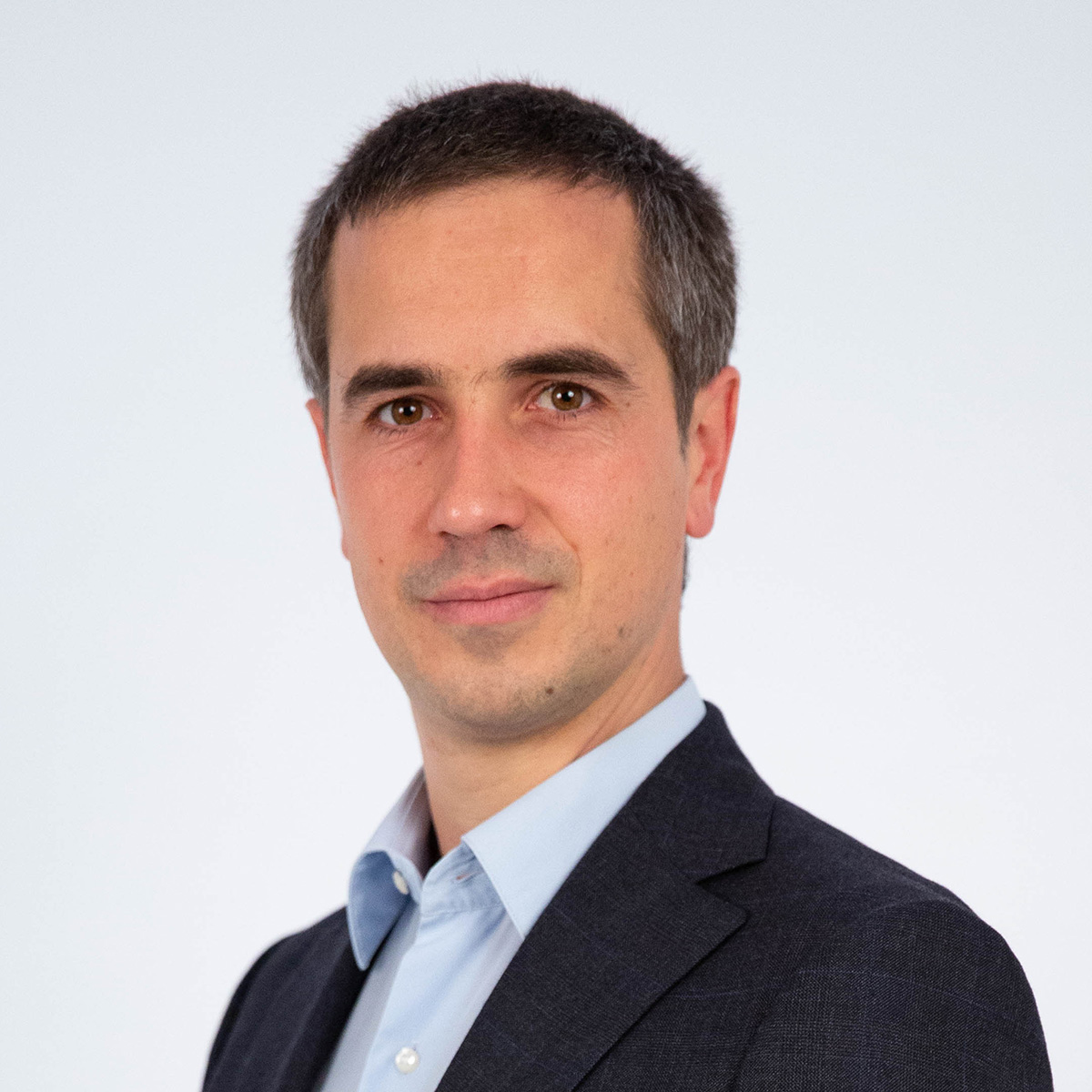
In the space of a year, between summer 2023 and summer 2024, Paris will be the place with the most advanced scientific reflection on sports and the place of performances, sporting achievements, records, victories, defeats... for thousands of athletes wearing the colours of their nation. It is in this unprecedented calendar that we’re preparing our French ECSS congress, together with 10+ supporting research institutes in Ile-de-France and several dozen French and European researchers.
For the entire international scientific community, from students to the most experienced researchers, getting together to exchange and work in the city which, a few months later, will see the world's sporting elite activate and perform, represents a unique opportunity to deepen their work and enrich their analyses and observations with a more concrete perspective than ever.
While the congress brings together the world's sport science community, its impact goes beyond research in the service of high performance sport. Sports research will reach out and infuse the academic world, university sports training as well as teachers, sports leaders and club managers who will pass on their knowledge to the general public. Everything is linked. Research is crucial, because in the end it affects not only the youngest people who have the potential to practice sport at a high level, but also, and we hope so, people who practice sport normally and regularly. Like medical research, which ultimately benefits the general population, sports research is at the service of the greatest number.
We will have the privilege of listening to renowned international experts during three plenary sessions addressing the different forms of fatigue, generated by extreme efforts and chronic pathologies (Prof. Guillaume Millet, France and Prof. Nathalie Pattyn, Belgium), the development of sports champions (Prof. Brooke Macnamara, United States and Prof. Craig Harrison, New Zealand) or the prevention of tendinopathies, second cause of consultation at the Olympic Village (Prof. Roald Bahr, Norway and Prof. Michael Kjaer, Denmark). The scientific programme will address topical issues from which sport cannot escape, such as the impact of global warming, technology or the development of artificial intelligence, the preservation of mental and cerebral health, injury prevention, the role of exercise in the prevention and treatment of chronic diseases, the gender issue, nutrition and supplementation, paralympism, the prevention of psycho-social risks or the interest of virtual reality. We are particularly pleased to welcome the world's leading experts in their fields to talk to us about these topics. This is an incredible opportunity for sport and research stakeholders to discover the latest knowledge and participate in unique social events during the congress, in the heart of the Olympic and Paralympic city.
About INSEP
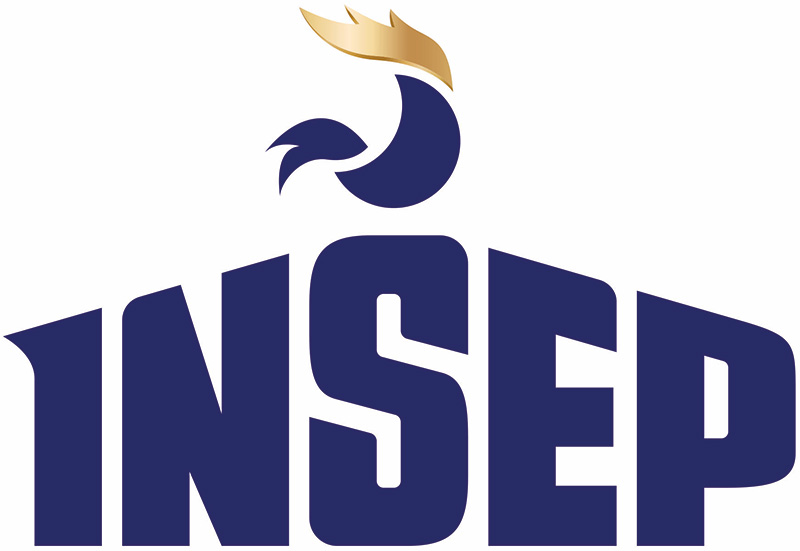
A key player in the national and international sports ecosystem, INSEP is home to most of the Olympic and Paralympic federations, 19 resident federations, and thus supports 800 athletes and 150 coaches dedicated to performance. The institute is a unique place, not only for training and living, but also for research and studies on sport, where resources are mobilised to develop a tailor-made programme for each athlete. Dedicated to the most innovative expertise in the field of sport, INSEP is at the heart of the next international meetings and constitutes a unique pre-Olympic village in the world.

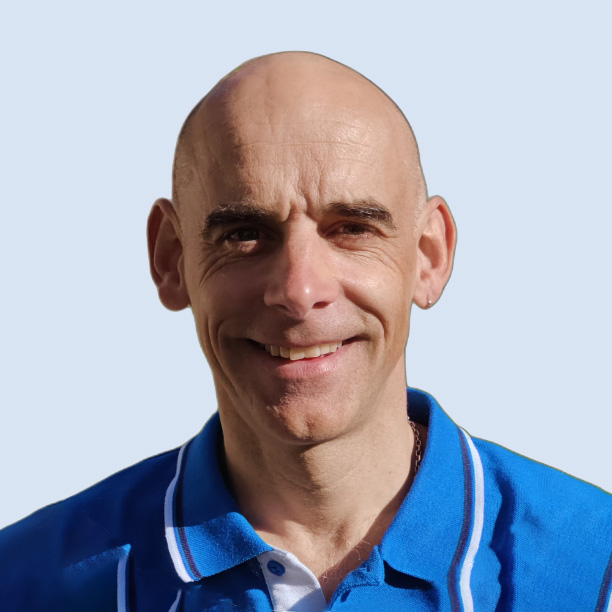
Interview with ECSS Congress President, Prof. Richard Davison, UWS, Scotland...
- - Tell us about the vision for ECSS Glasgow 2024, what can congress participants expect?
-
At ECSS Glasgow 2024 we want all of our participants to get a real flavour of the culture and sights and sounds of both Glasgow and Scotland. Glasgow people are known for the warmth of their welcome so you should feel at home wherever you are. Our primary focus is on providing an excellent congress experience for our participants, with great congress facilities and a fun and vibrant city to explore.
To complement the exciting scientific content of the congress we want to create an inclusive and welcoming environment for all, and to showcase the best of what Glasgow and Scotland have to offer.
We're a country of stunning landscapes from lochs to glens, and a place of creativity and inspiration from mural art to gigantic sculptures. Scotland is a place of quiet escapes and energising cities, a spot for solo trips to try something new, and family adventures to share new memories.
We hope that our congress will be a memorable and enjoyable experience for all who attend. We would encourage you to stay beyond the congress and explore Glasgow and other parts of Scotland.
- - How will ECSS Glasgow 2024 stand out from other ECSS annual congresses?
-
Embracing the motto “People make Glasgow”, the year 2024 will be distinguished by the exceptionally warm and inviting atmosphere that Glasgow extends to every ECSS participant. Situated along the former industrial powerhouse of the river Clyde, the congress centre will serve as an ideal gateway for attendees to experience the abundant culture and hospitality this vibrant city has to offer. Only a short distance from the congress centre, the city boasts a diverse and innovative culinary scene, Glasgow has garnered numerous accolades for its delectable offerings catering to all preferences and budgets. So, gear up to discover and relish in some of the finest bars and restaurants this lively city has in store.
- - What are the priorities for the next few months? What stage are you at?
-
We have been working closely with the award-winning Glasgow Convention Bureau to finalise the planned activities outside of the congress. We are also finalising the content for the Glasgow 2024 website. Finally, we've been preparing the exhibition stand that we will have at ECSS Paris 2023, so please come and see us and find out a bit more about what will be on offer in Glasgow.
- - Briefly share some insights into life in Glasgow, or Scotland as a whole.
-
Affectionately known as Scotland’s ‘dear green place’, Glasgow is Scotland’s beating heart. Known for its colourful character, industrial history and incredible art and music scene, Glasgow has been surprising and delighting visitors for centuries. This is a place where grit and glamour live alongside one another, and where gentrification has not extinguished the rugged charm of Scotland’s most vibrant and cultured city.
Scotland offers a captivating blend of historic towns and bustling cities, steeped in rich culture and a myriad of activities, alongside breathtakingly picturesque remote glens and towering mountains. Discover the enchanting landscapes, indulge in golfing experiences or exhilarating hill walks, and immerse yourself in the arts, culture, and scrumptious food and drink. With such a diverse range of attractions, Scotland promises unforgettable adventures for every traveller.
- - For those planning to come to Glasgow, what are the city must-sees/must-do’s/must-eats?
-
With a population of 600,000 people, Glasgow is Scotland’s largest city, and the fifth most-visited city in the United Kingdom. There are more than 20 museums and art galleries in Glasgow, featuring works by some of the world’s most famous artists. The city is famous for its contributions to architectural styles, with the Glasgow School of Art being the most notable example designed by the iconic Art Nouveau architect, Charles Rennie Mackintosh. The wealth of the city's merchants in the 18th century saw a shift towards neoclassical architecture with simple lines and grand imposing stately buildings.
Glasgow’s City Chambers are housed in one of the most impressive buildings in the city, now the home of Glasgow City Council. Enter this 19th-century monument and you’ll find yourself in a glittering world of opulence. It is best known for its staggering marble staircase, which forms the centrepiece of the building and is the largest of its kind in Europe.
Glasgow is home to the world’s first ultrasound machine. This remarkable invention has transformed women’s lives ever since, and can be seen today at the Hunterian Museum (https://www.gla.ac.uk/hunterian/) in the University of Glasgow. If you’re interested in finding out more about Scotland’s scientific history, head to the Glasgow Science Centre (https://www.glasgowsciencecentre.org/), just opposite the congress centre, where you’ll find some state-of-the-art interactive exhibits!
Glasgow city centre is well known for shopping. Expect flagship stores, impressive shopping centres and designer favourites all within an easily walkable area from the congress centre.
- - Briefly tell us about Glasgow’s sporting history/highlights. What is the sporting history of football in Glasgow?
-
Glasgow is the current European Capital of Sport, a recognition of both its historic and current support of major sporting events. Glasgow is home to two of Scotland's most successful football clubs, Rangers and Celtic (the old firm). The city also has a rich history of producing world-class footballers, including such legends as Kenny Dalglish, Denis Law and Graeme Souness. The world's first official international football match took place in Glasgow in 1872. The Scottish national football stadium, Hampden Park, when opened in 1903 was the largest stadium in the world with a capacity in excess of 100,000. This was increased further and in 1937 there were 149,415 spectators for a Scotland vs. England match – a European record for a football match.
Naturally it’s not all football and recently Glasgow has hosted a number of major international sporting events including the 2014 Commonwealth Games, 2018 European Championships and the 2023 UCI Cycling World Championships.
Of course, golf fans will be well aware that Scotland is the birthplace of this beloved sport, and St Andrews holds the prestigious title of 'home of golf,' with a history dating back to the 15th century. However, while attending ECSS Glasgow 2024, take advantage of the opportunity to explore even more ancient and renowned golf courses beyond St Andrews. Discover exceptional links and expand your golfing horizons during your stay.


